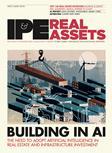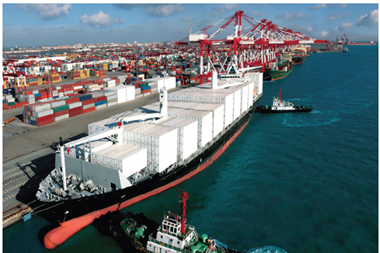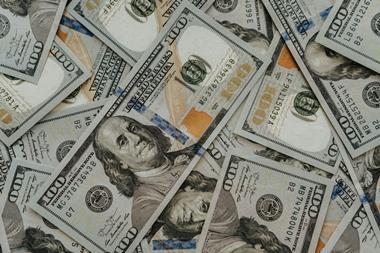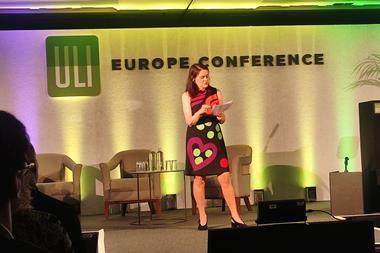China’s depreciation of its currency could impact developers, according to Moody’s Investors Service.
Devaluation of the Chinese yuan, or renminbi, is “credit negative” for Chinese property developers, given their significant exposure to foreign-currency debt, the majority of which is in US dollars, Moody’s said.
Conversely, devaluation could be net positive for US commercial real estate capital flows and cap rates, but a mixed bag for the US economy, according to American Realty Advisors.
In a note this week, the firm said: “When the world’s second largest economy and largest exporter surprises investors with an overnight currency devaluation, investors are likely to increasingly seek out safe-haven assets including US real estate.
“The surprise move by the Chinese monetary authorities should increase real estate’s status as a ’most favoured’ asset class, as investors seek out stability in a time of greater uncertainty.”
Declining treasury rates will, American Realty Advisors said, provide further support for stable to even declining cap rates, as capital seeking stable yields flows increasingly to real estate, resulting in additional support for future real estate values
“In times of uncertainty and low yields, commercial real estate is increasingly favoured among investors,” the firm said.
The impact of a depreciating yuan on US economic growth and real estate space demand is decidedly mixed. While increasing imports are a negative for economic growth, they are a positive for West Coast industrial space demand, as imported goods from the Asia-Pacific region are likely to fill up warehouses from Seattle to San Diego.
Luxury retail, however, could suffer if the yuan depreciates significantly against the US dollar and Chinese economic growth slows.
In a report on China’s property sector released today, Moody’s considered the potential impact on developers with foreign currency debt.
“We believe that the majority of our rated developers could withstand up to a 10% depreciation of the RMB relative to foreign currencies without it impacting their credit ratings,” said Simon Wong, a Moody’s associate managing director.
“Furthermore, it is possible that other factors could counterbalance the impact of an RMB depreciation, including the potential for further declines in domestic interest rates and the ongoing opening up of the domestic bond market as a funding avenue.”
The 14 rated developers with the largest percentages of foreign-currency debt relative to total reported debt would see their leverage, as measured by revenue-to-debt or debt-to-capitalisation, weaken under a 10% depreciation scenario against the US dollar.
Moody’s believes that high investment grade developers – such as China Overseas Land & Investment and China Resources Land, despite being amongst those with the highest exposure to foreign-currency debt – are less affected due to their strong financial buffers and state-owned enterprise status or affiliation.
In Moody’s view, the foreign-currency exposures of rated Chinese developers have likely peaked, it said, and will decline over the next one to two years as developers increase usage of the onshore bond market.









